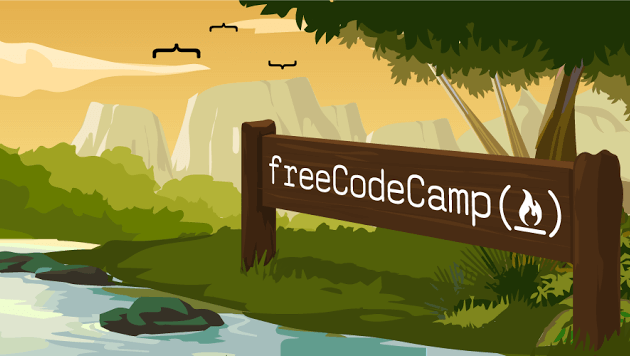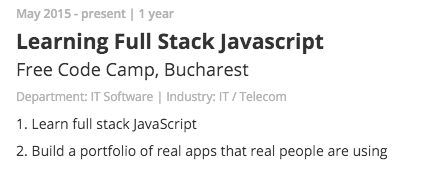In this post we’ll talk about a very important moment in every self-taught programmer’s life: applying to jobs.
Please take notice that everything I’m writing is just from my own experience and is just one person’s opinion, so definitely consider getting other feedback as well.
So, without further ado let’s get down to business.

The first time I applied to a programming job was 5 months after I started to learn how to program and 2 months after I discovered Free Code Camp, which was pretty fast in my opinion.
The thing was that I applied without having any expectations, I just did it because I thought the sooner the better. In hindsight, it was a smart decision because after 2 months and tens of applications I finally got my first programming interview.
So, don’t expect for that “perfect” moment because there is no perfect moment and you have nothing to lose, but just to win from this situation.

As the old saying goes: "don’t put all your eggs in one basket". The same thing applies to applying to jobs as well. Pick the top three websites from your country for job searching and also don’t hesitate to apply directly on the company’s website at the Careers/Hiring section.
Sometimes, you will get an invitation to an interview way faster by applying directly to them instead of applying through a searching job platform.

Having some activity which is programming related it will catch the prospective employers’ attention. Also, be sure you will write some lines about what are you doing at FreeCodeCamp to give the employer some details. You can take a look at my online resume to make an idea about what I’m talking about.

I’m telling you this because at every programming interview I had, one of the questions was: “So, what do you do at Free Code Camp?”.

Having just Free Code Camp on your online resume could not be enough, so I encourage you to showcase the online programming courses you took until now. If you just began on this path and have no idea about where you should go for this online courses, don’t worry, I got you covered:
1. Harvard and Stanford online courses > free
2. Udacity > free
3. Lynda > 14 days free trial and then paid
4. Treehouse > 14 days free trial and then paid
5. Udemy > paid, but they have big discounts (I bought a course for 10$ and the price was 200$)
6. Code academy > free
The big takeaway from this one is not to expect taking a course/courses just from one place and you’re ready set. You will learn better and faster by taking bits of information from as many places as you can.
In one particular course some concept will be explained better than in another one, so it’s very important to be shameless when it comes about the number of your online learning sources.

I let the most important one at the end. There is nothing more important for an employer than what you’ve built. Have at least three basic projects in your portfolio you can show in an interview.
You can use the basic front-end projects from Free Code Camp as ideas for projects and codepen for building them. Also, it would be a good idea that each of the projects you are building to show off another skill that you are learning.
For example, one project could showcase your ability of working with an API, another one your ability with Javascript and a third one with CSS (this one should be very aesthetic).
Oh, I guess is needless to say that these projects must work because you don’t want to be in the middle of the interview and the interviewer to “play” with your project and not working.
Happy coding!
